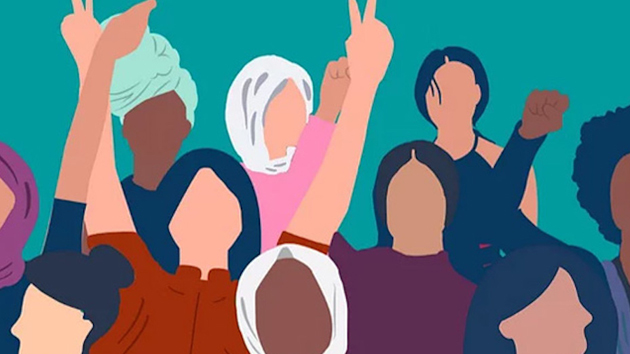Empowering Women in South-East Politics: A Call to Action
Women from South-East Nigeria are encouraged to take an active role in mainstream politics and leadership to fully leverage the 35 percent affirmative action for women and to reshape governance narratives in the region.
This call to action was made by the civil society organization BAOBAB during a one-day Regional Strategic Workshop aimed at enhancing women’s participation in politics and leadership, held in Owerri on Monday.
The workshop’s primary goals, as outlined by the organizers, included identifying and addressing region-specific obstacles to women’s political involvement in the South-East geopolitical zone and formulating action plans for advocacy aimed at transforming the current political landscape.
The organizers emphasized that true democracy is achievable only with equitable representation of women in political leadership. They expressed their concerns regarding the disheartening statistics reflecting women’s representation in political roles across the country.
Yeye Bunmi Dipo-Salami, the Executive Director of BAOBAB, highlighted the invaluable contributions of women to nation-building, emphasizing that supporting women in politics is essential for fostering new hope in the country. She stated, “Women are striving for increased leadership opportunities and seeking votes during elections. We are here to evaluate our strategies and identify key partnerships that can help us achieve greater representation in politics for the betterment of Nigeria.”
During the event, several prominent figures such as Hon. Mrs. Chinyere Juliet Nwogbaga, representing Ebonyi South/North in the state House of Assembly; Amb. Uju Onwudiwe, the Chief Advocate of the Violence Against Persons Prohibition (VAPP) Law in Imo State; and Eze Clinton Uboegbulam, the Traditional Ruler of Umuororonjo, encouraged women to transcend mere requests for the 35 percent inclusion goal. They urged them to set high standards and build essential skills.
They advised women in politics to engage with grassroots communities actively and to safeguard their votes during elections, adding that effective leaders take proactive steps for the benefit of the populace rather than waiting for power to be handed to them.
Uju Onwudiwe articulated, “The way we manage our households reflects our potential to manage states and the nation. We must show the world that women possess the capacity to lead; without their inclusion, our country may struggle to thrive.”
Eze Uboegbulam asserted that it is crucial for women to courageously compete with men for elected positions, take on significant authority, and engage in decision-making processes, stressing that issues concerning women can only be adequately addressed when they participate actively in advocating for their rights.
Also voicing their support, Barr. Mrs. Ebere Ifendu, founder of the Women in Politics Forum, along with Ms. Blessing Duru, Programmes Director at Alliances for Africa (AfA), called for backing from traditional and religious institutions in the region. They believe that such support, together with contributions from other stakeholders, could significantly alter the long-standing male-dominated political leadership in the zone and the nation.
They further proposed collaboration with men and political parties to establish a quota system for political positions tailored specifically for women, recognizing this as a vital step toward increasing female representation in politics and leadership.
“Women are capable leaders. All we request from the president, governors, and other key stakeholders is the opportunity to generate meaningful impacts,” Ifendu emphasized.
The theme of the workshop, which brought together influential female politicians and stakeholders from the five South-Eastern states—Abia, Anambra, Ebonyi, Enugu, and Imo—was “From Margins to Mainstream: Improving Women’s Political Participation in Nigeria.”


